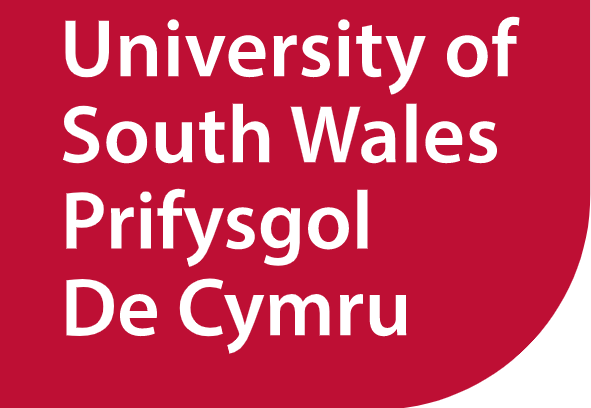The Postgraduate Certificate Education (Innovation in Learning and Teaching) aims to develop knowledgeable and reflective professionals who are able to draw on evidence-based practice in ways that will impact on the workplace and on outcomes for the children and young people in those services.

The Postgraduate Certificate Education (Innovation in Learning and Teaching) aims to develop knowledgeable and reflective professionals who are able to draw on evidence-based practice in ways that will impact on the workplace and on outcomes for the children and young people in those services.
It has been designed to provide opportunities for students to develop their professional knowledge, skills and understanding and most importantly their capacity for critical thinking. The course aims to develop professionals who are able to engage with the complexities of this area of work, often managing demanding workloads in multi-agency setting whilst still prioritising the interests of the children and families they work with.
The Postgraduate Certificate Education allows professionals at all stages of their career to develop further their understanding of a wide range of educational issues, debates and concepts.
The flexible nature of the course allows students to combine modules to reflect their own range of interests, culminating in the opportunity to produce a dissertation that has both practical and theoretical relevance. What's more, course content is constantly refreshed to ensure it makes reference to key current educational debates.
Students can either take one 60-credit module - Promoting Excellence in Learning and Development - or take two modules from the following list:
Promoting Excellence in Learning and Teaching - 30 credits
Innovation in Curriculum Design - 30 credits
Developing Digital Competence - 30 credits
Working with Diversity - 30 credits
Professional Learning - 30 credits
Professional Learning through Action Research - 30 credits
Working with More Able and Talented Learners - 30 credits
Developing Learning in Organisation - 30 credits
Developing professional practices: numeracy and maths? - 30 credits
Developing professional practices: literacy and communication? - 30 credits
Investigating Language, Literacy and Numeracy for Learning - 30 credits
International Perspectives on Early Childhood - 30 credits
Teaching
Each module is supported by 30 hours of lectures (10 x 3 hours) over a ten week period. The constituent modules are constantly refreshed to ensure they make reference to key current educational debates. Lectures are frequently delivered by key professionals in the field, and resources and reading lists are supplied to scaffold further self-study. There is a biennial opportunity to take part on a field study visit to the Netherlands.
Assessment
The standard assessment mode for the constituent modules (30 credits) is a 5000 word assignment. The point of focus for this assignment is generally defined by the student, in negotiation with the module leader.
At USW, we regularly review our courses in response to changing patterns of employment and skills demand to ensure we offer learning designed to reflect today’s student needs and tomorrow’s employer demands.
If during a review process course content is significantly changed, we’ll write to inform you and talk you through the changes for the coming year. But whatever the outcome, we aim to equip our students with the skillset and the mindset to succeed whatever tomorrow may bring. Your future, future-proofed.
The University of South Wales (USW) is one of Britain’s most exciting and ambitious universities. Innovative, thriving and sustainable, we work to build better futures for our students, our communities and our partners economically, socially and culturally.
USW places engagement, collaboration, and partnership working at the heart of everything we do, working alongside business, industry, and the social economy, to address identified needs and achieve the best outcomes for individual learners and organisations. We work in collaboration with industry, researching and innovating to tackle some of the biggest global challenges, from energy and health to security and sustainability.
USW is a vocationally-focused university, preparing students to support key industries now, and in the future. Employers work closely with USW to co-create curriculum that supports their future needs. This provides them with a skilled and relevant workforce that they can rely on with a large pipeline of graduates coming out of USW and our partner institutions each year. We are generating the workforce that employers tell us they want and need.
We are a multi-disciplinary university with a strong track record for our partnerships, widening access, and student success, with almost half of students at USW coming from areas within the bottom two quintiles of the Welsh Index of Multiple Deprivation (WIMD) - significantly above above average for higher education institutions in Wales and the UK.
With three campuses in Cardiff, Newport and Pontypridd, we are well placed for our staff and students to enjoy all that South Wales has to offer. We also provide a range of inclusive study pathways, supporting life-long learning and flexible options for our students. We work closely with our partner colleges, and have two wholly owned subsidiaries, the Royal Welsh College of Music and Drama and The College Merthyr Tydfil.
© 2025 coursetakers.com All Rights Reserved. Terms and Conditions of use | Privacy Policy